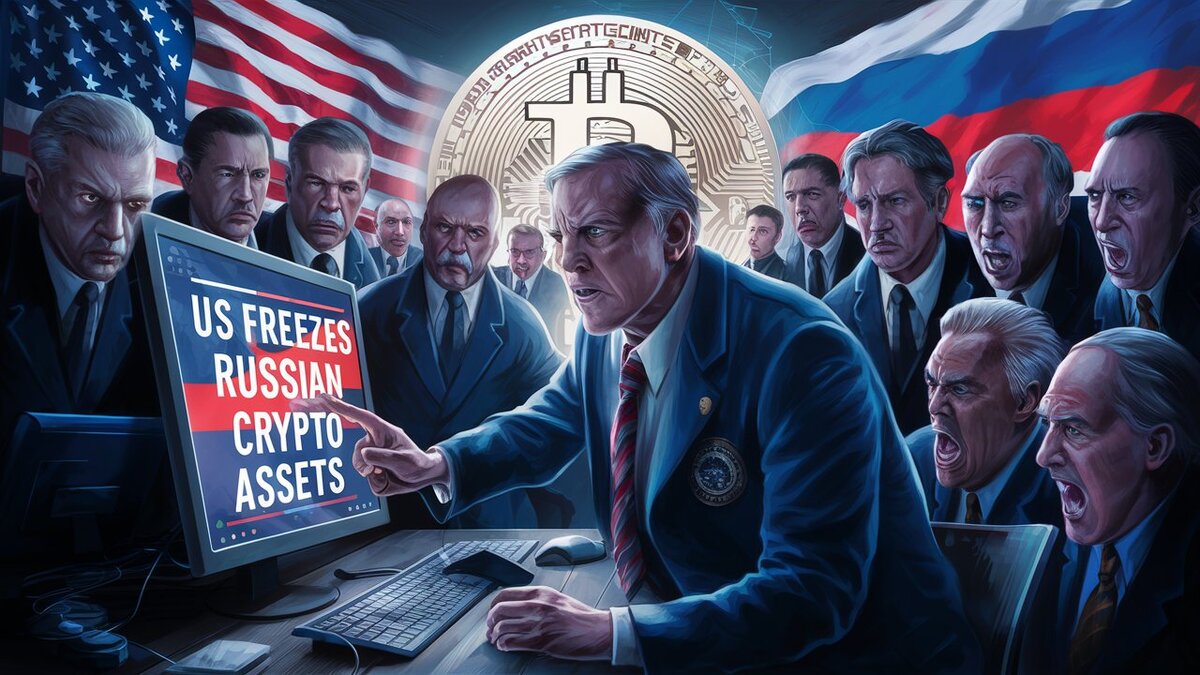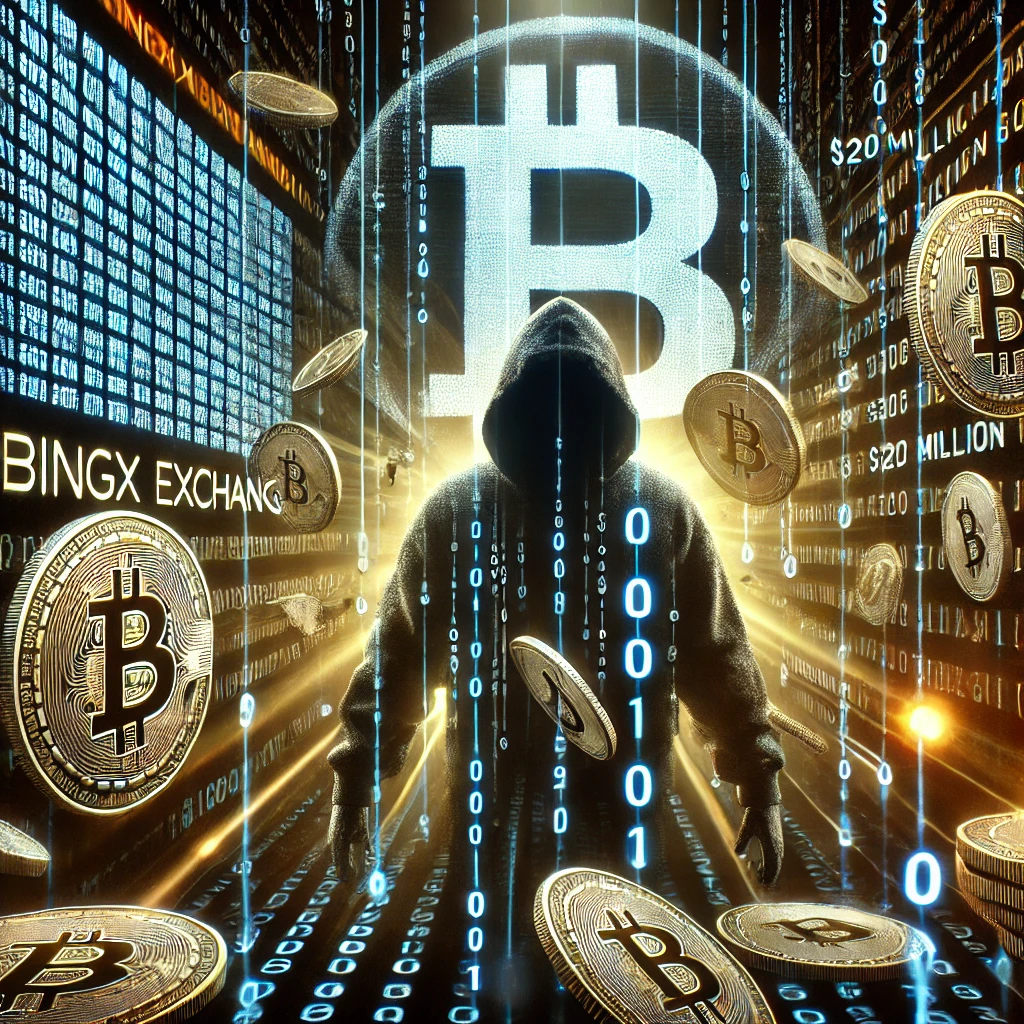
The United States has taken action against Russian financial technology companies. It has imposed sanctions on 13 companies and two individuals. These entities are accused of helping Russia avoid sanctions through cryptocurrency services. This move comes in the wake of Russia’s invasion of Ukraine.
Sanction Details
The U.S. Treasury Department has pinpointed the sanctioned parties engaging in blockchain services and virtual currency payments. These entities actively aid Russia’s financial sector in circumventing sanctions. Notably, Moscow-based firms like B-Crypto, Masterchain, and Laitkhaus have been identified as being sanctioned. They collaborated with Russian banks under sanctions to oversee digital financial assets.
Atomaiz, another sanctioned entity, tokenized precious metals and diamonds for Russian companies. Netexchange and Netex24, run by Timur Bukanov, facilitated transactions for sanctioned entities. This included dealings with Sberbank, Alfa-Bank, and Hydra Market. In April 2022, U.S. and German authorities jointly took down Hydra Market due to its involvement in illegal activities.
Some companies operated internationally but were linked to Russia. For instance, Crypto Explorer offered currency exchange services in Russia and the UAE. Following the sanctions, the U.S. has blocked all dealings with these entities.
Impact and Statements
Brian E. Nelson, Under Secretary for Terrorism and Financial Intelligence, commented on the matter.
“Russia is increasingly turning to alternative payment mechanisms to circumvent U.S. sanctions and continue to fund its war against Ukraine,”
The sanctions are part of a larger standoff. Russia has banned 227 U.S. citizens, including journalists and officials, citing “Russophobic policies.” Additionally, the U.S. has targeted individuals and companies involved in a Russian disinformation campaign.
“As the Kremlin seeks to leverage entities in the financial technology space, Treasury will continue to expose and disrupt the companies that seek to help sanctioned Russian financial institutions reconnect to the global financial system.” Concluded Brian E. Nelson
These measures highlight the U.S. commitment to limiting Russia’s financial evasion tactics. It blocks the sanctioned entities from accessing U.S. assets. The U.S. continues to pressure those facilitating Russia’s sanction evasion.
“reaffirms the G7 commitment to curtail Russia’s use of the international financial system to further its war against Ukraine. It also reflects our continued efforts to target companies servicing Russia’s core financial infrastructure.” State Department spokesman Matthew Miller said.
Tensions Between the U.S. and Russia
The sanctions deepen the rift between the United States and Russia. Both nations have engaged in retaliatory measures amid ongoing conflicts. The U.S. sanctions against the fintech and cryptocurrency sectors are a significant move. They aim to curb Russia’s access to alternative financial systems. This is crucial for financing its military activities in Ukraine.
The ongoing geopolitical tensions underscore the complexities of international finance and security. The U.S. and Russia remain at odds, with financial sanctions being a key battleground.
Read More: Regulatory Concerns Lead to Binance Ban in the Philippines
Discover more from The African Crypto
Subscribe to get the latest posts sent to your email.








